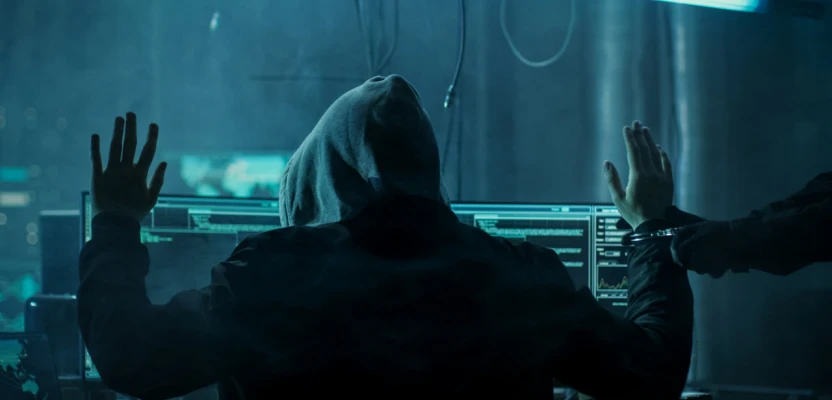
The dark web is not a new environment, yet the past few years brought it to an incredible level of popularity.
Thanks to the pandemic, dealers were forced to switch many of their operations online. People weren’t allowed to mess about the streets, so everyone got concerned about potential questions from patrol forces.
Therefore, many dealers moved towards online marketplaces and various shipping services, simple as that. It's more convenient and simpler and prices are the same. People find more variety, as well as different deals. Everybody wins.
But with all this convenience and high level of anonymity associated with the dark web, you still read news on major convictions or official operations from law enforcement agencies.
Networks from all over the world get busted. Whole gangs get arrested, ending up with long sentences in prisons. How does the police catch these people? Where is the catch?
The dark web is a safe place for such crime and it offers a high degree of anonymity if done correctly. How can someone get caught?
Old school police work
Many times, old school police work gets the job done. It may sound hard to believe, but physical monitoring of a suspect will also indicate what they’re doing online.
Of course, such physical observation takes undercover work as well. It doesn’t always work, unless there are some actual clues to indicate a suspect.
Take the Silk Road founder, Ross Ulbricht, who’s serving life in jail now. In 2013, he was a suspect. He was tracked and watched while going to public cafes and libraries in order to use their Wi-Fi networks. His getting in there coincided with the Silk Road logins and that was an obvious indicator.
It sounds hard to believe, but there’s this fine line between the offline and the online and that’s where experienced investigators make the difference.
Going undercover
Many officers hang around dark web marketplaces and keep an eye on new ads, try to identify more ads from the same seller, and watch their reputation grow. When a leader becomes too prolific, they inevitably become targets for law enforcement too.
At this point, undercover work is naturally part of the game. In fact, quite a few gangs have been caught this way. An investigator will place an order over the respective marketplace and wait for the parcel. The parcel will be opened and analyzed.
If it has the drugs ordered by the investigator, it will be used as evidence in court. Sure, tracking a parcel will be difficult, but the authorities will quickly identify the office it was sent from or perhaps what courier was used. Then, they’ll rely on surveillance cameras to at least get a few suspects.
Using other websites for extra data
Drug dealers often make mistakes and go beyond the privacy and security associated with the dark web, meaning they also hang around the public part of the Internet to discuss their trade. That’s what makes them vulnerable, as such websites are often forced to share information with the authorities.
There are quite a few cases of users getting caught with the drug trade for discussing it publicly over Reddit. Even the Silk Road leader had some old forum posts relating to his marketplace, which led to his location.
Parcel interception
Parcels coming from abroad are often checked with trained dogs. If something’s fishy, the authorities will try to identify the sender, but also figure out who the parcel is going to. This is the most vulnerable part of the deal.
Postal offices may also conduct such operations to identify suspicious packages. Dealers are basically trusting the service not to uncover their parcels.
Identifying such parcels is difficult though due to the modern concealment solutions.
Simply following the money
Finally, in many cases, the police simply follow the money. Drugs are never free, whether purchased through the dark web or down the street. When it comes to online transactions, most people pay by Bitcoin.
Tracking Bitcoin is, indeed, a difficult job. But then, there’s one aspect that makes such transactions vulnerable and that’s purchasing Bitcoin with real money. The same issue applies when Bitcoin is converted to cash.
Cryptocurrency exchanges are often forced to share customer details, but they may also conduct their own security operations. If something looks fishy, they’re likely to report it.
As a conclusion, the authorities do have different ways and techniques to catch dealers. Sometimes, such techniques affect the dealers only. Other times, they can get to dealers by identifying receivers and waiting until they get the parcel.
However, with millions of parcels going around daily, identifying the right ones can be a bit tricky because there are numerous techniques to conceal drugs, especially when not visible. With all these, there are other common mistakes dealers make and that’s usually what gets them behind bars.



Comments 0